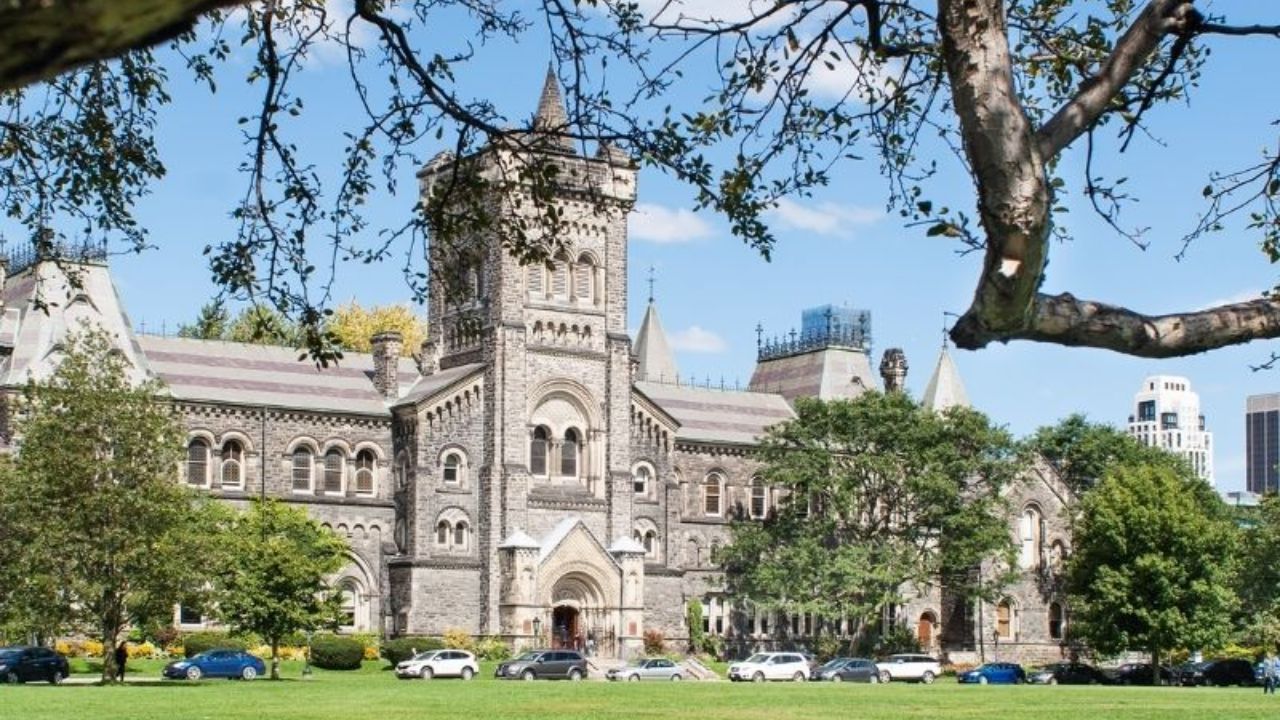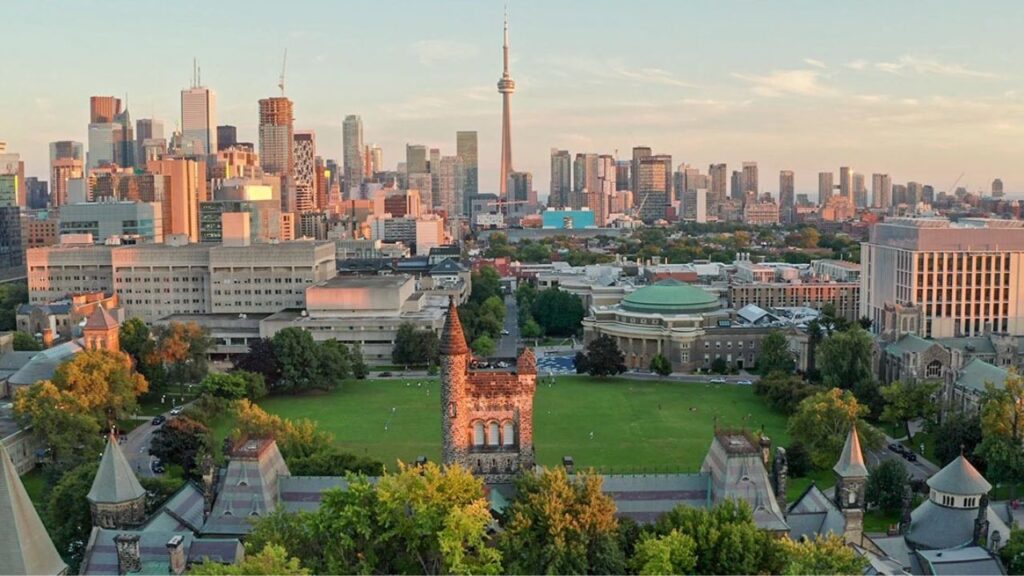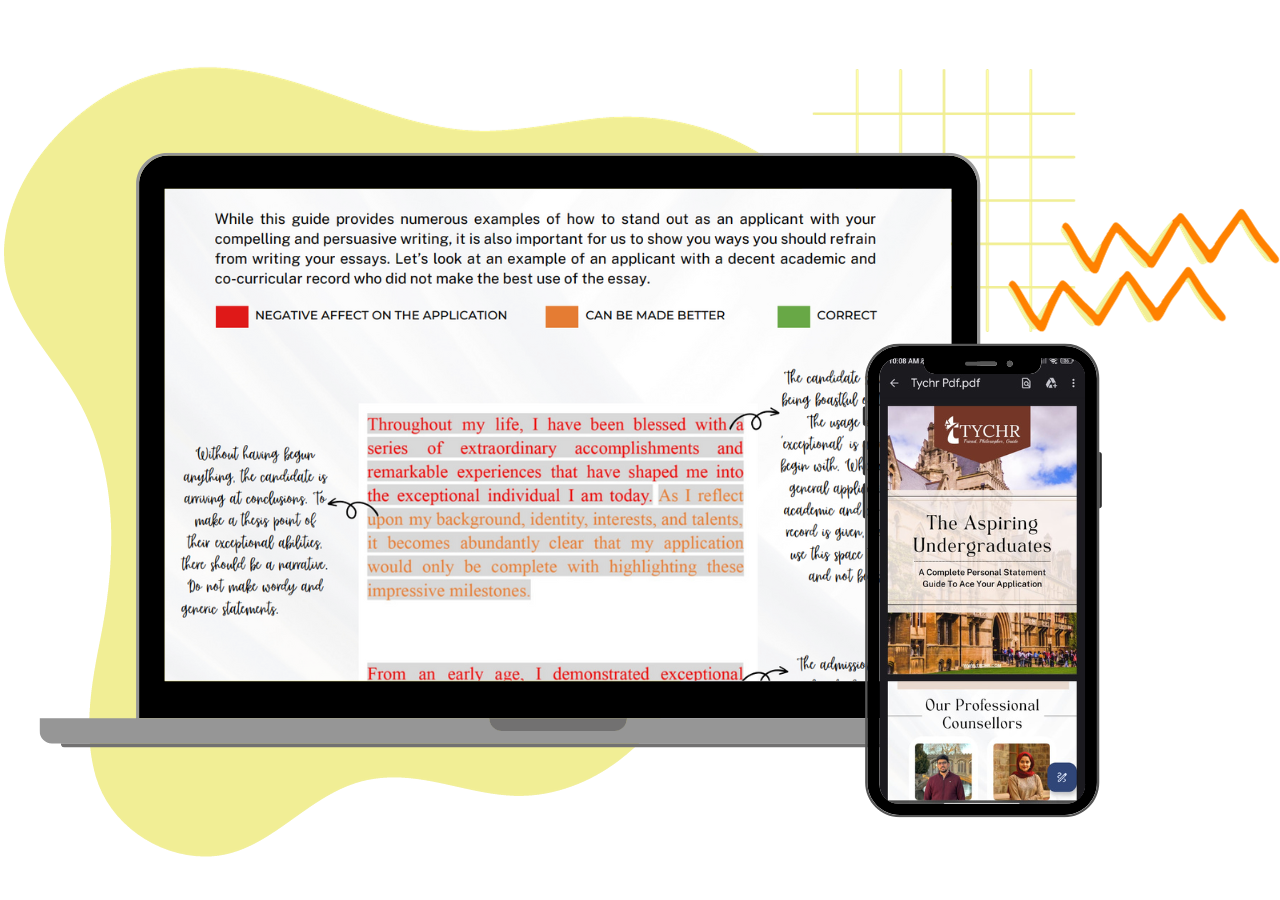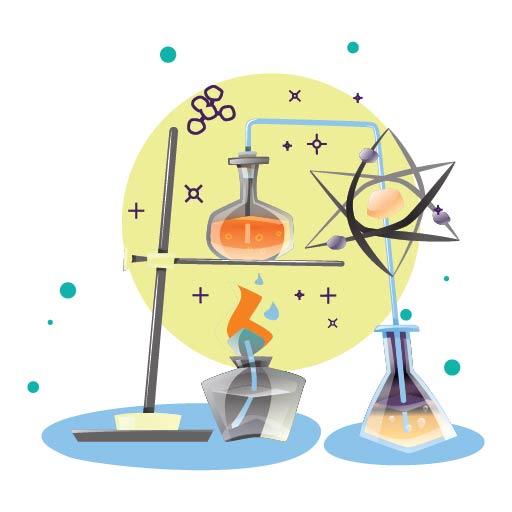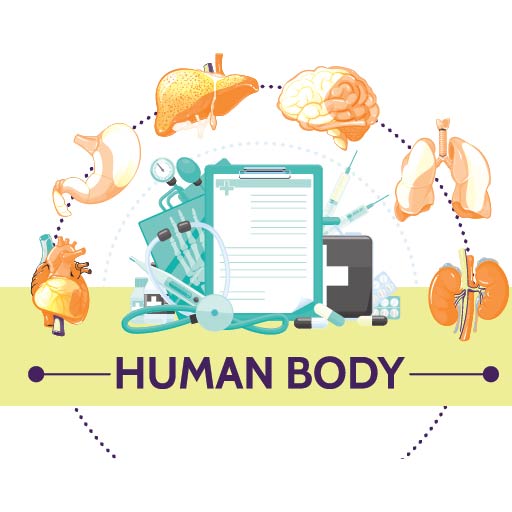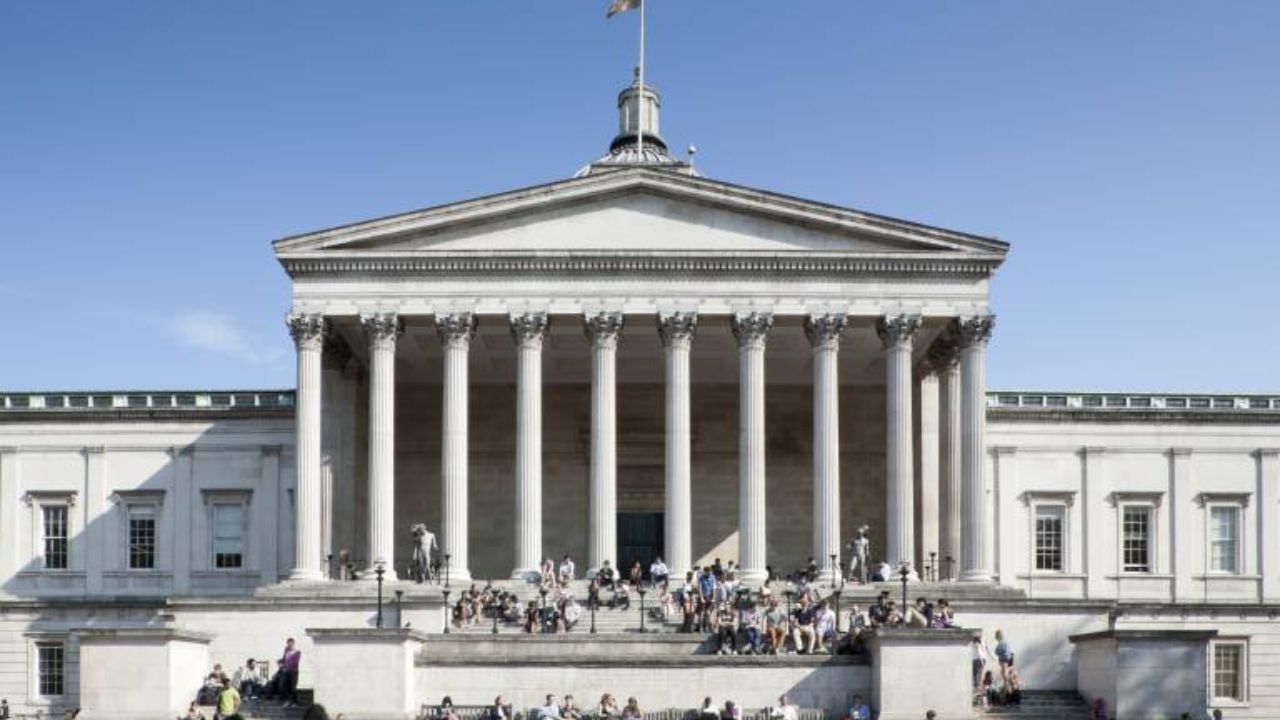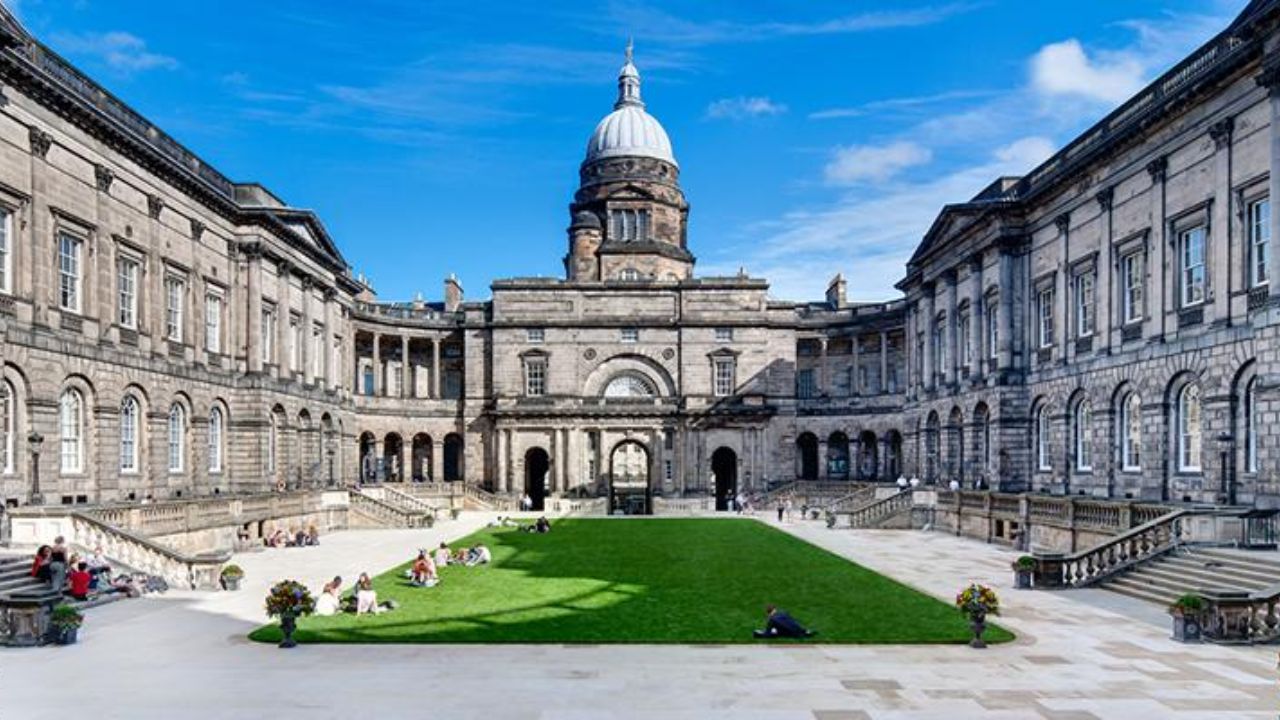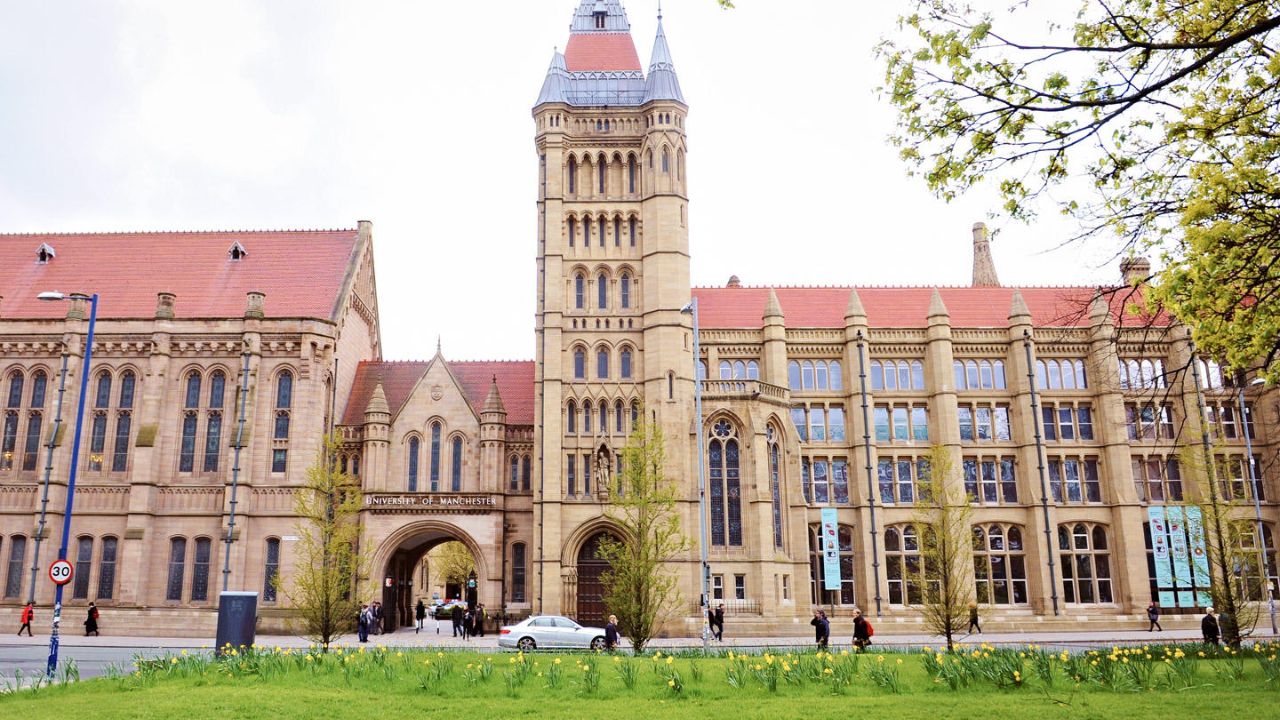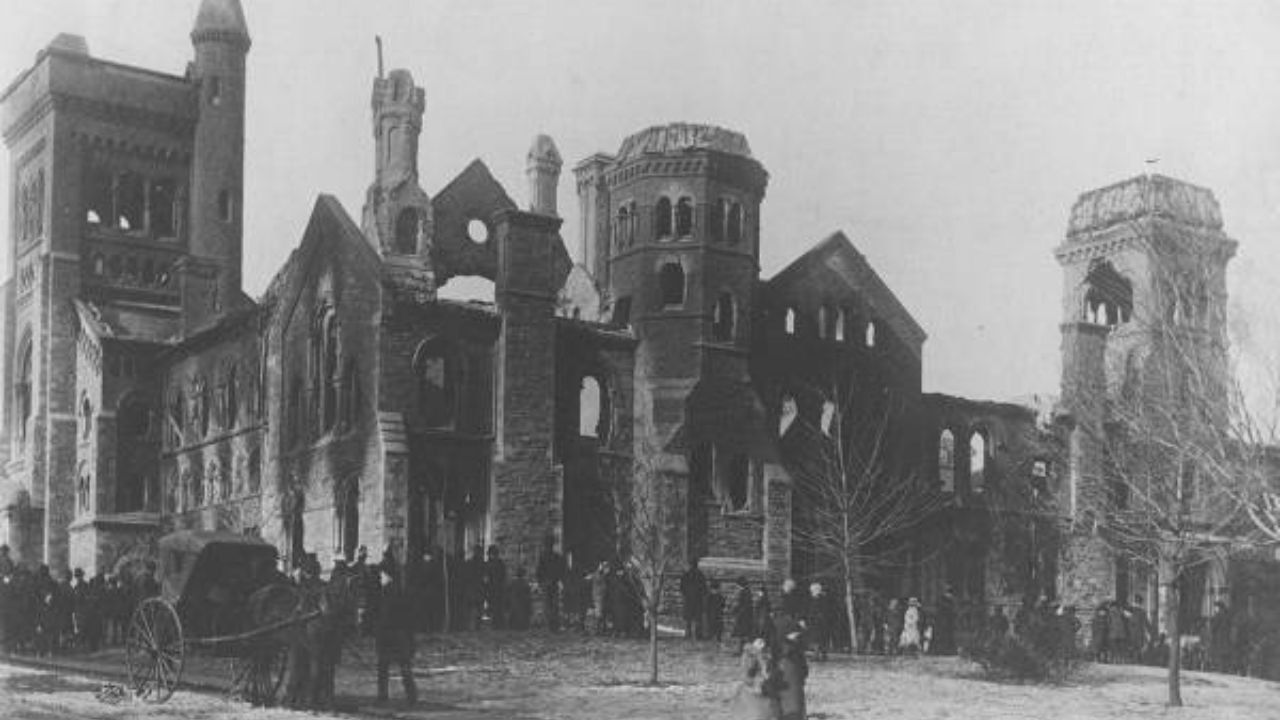
A brief history
The University of Toronto boasts a storied heritage dating back to the early 19th century. Originally founded as King’s College by the Anglican Church in Upper Canada in 1827 (though formally established in 1843), it underwent a significant transformation in 1850 when it became secularized and adopted the name University of Toronto. In 1853, University College was founded as a non-denominational institution of higher education. Over the years, the university made pioneering contributions to Canada’s educational landscape, including establishing the nation’s first faculty of forestry in 1887, the first school of social work in 1901, and the first department of psychology in 1922. It also played a pivotal role in promoting gender equality by establishing the first department of women’s studies in Canada in 1972. Through continuous expansion, modernization efforts, and the creation of new faculties and research centers, the University of Toronto has evolved into a global leader in research and education, leaving an indelible mark on Canada’s intellectual, cultural, and social development. Today, it stands as a premier research-intensive institution, attracting a diverse and vibrant community of scholars, students, and staff from across the world.

